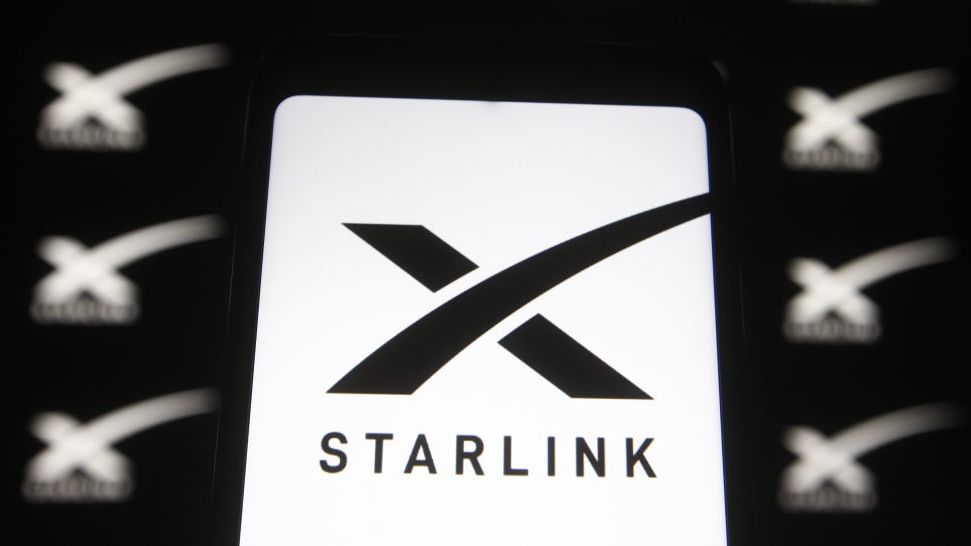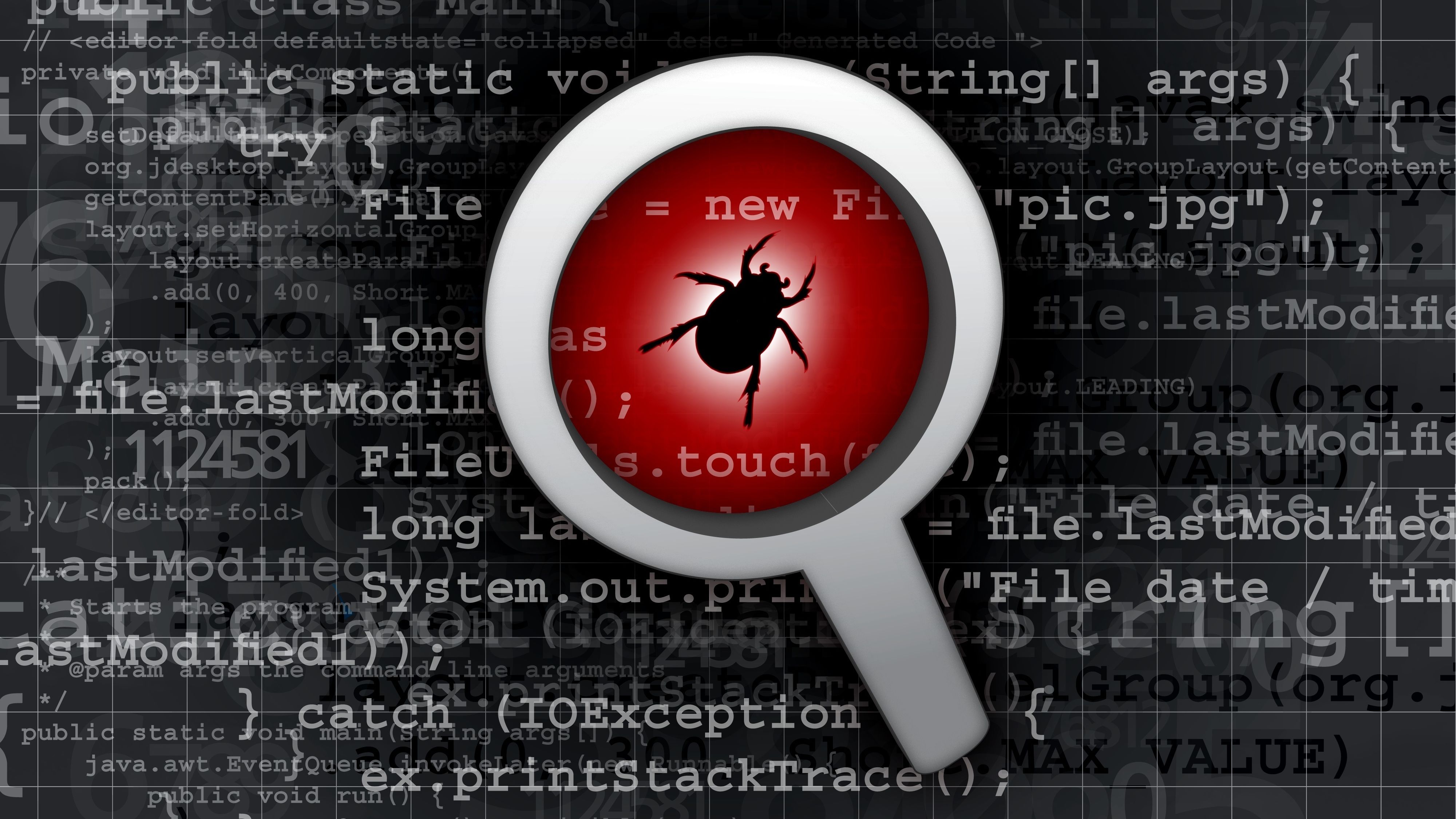Microsoft AI can detect security flaws with 99% accuracy
Developers can use the mechanism to establish whether bugs are security-related and assign a severity rating


Microsoft has released an artificial intelligence (AI)-powered tool to help developers categorise bugs and features that need to be addressed in forthcoming releases.
The software giant’s machine learning system classifies bugs as security or non-security with a 99% accuracy, and also determines whether a bug is critical or non-critical with a 97% accuracy rating.
With ambitions to build a system with a level of accuracy as close as possible to a security expert, Microsoft fed its machine learning model with bugs labelled as security and non-security. Once this was trained, it could then label data that was not pre-classified.
“Every day, software developers stare down a long list of features and bugs that need to be addressed,” said Microsoft’s senior security program manager Scott Christiansen, and data and applied scientist Mayana Pereira.
“Security professionals try to help by using automated tools to prioritize security bugs, but too often, engineers waste time on false positives or miss a critical security vulnerability that has been misclassified.
“At Microsoft, 47,000 developers generate nearly 30 thousand bugs a month. These items get stored across over 100 AzureDevOps and GitHub repositories. To better label and prioritize bugs at that scale, we couldn’t just apply more people to the problem. However, large volumes of semi-curated data are perfect for machine learning.”
Because the system needs to be as accurate as a security expert, security professionals approved training data before this was fed into the machine learning model. Once the model was operational, they were brought back to evaluate the model in production.
Sign up today and you will receive a free copy of our Future Focus 2025 report - the leading guidance on AI, cybersecurity and other IT challenges as per 700+ senior executives
The project began with data science and the collection of all data types and sources to evaluate quality. Security experts were then brought in to review the data and confirm the labels assigned were correct.
RELATED RESOURCE

Data scientists then chose a modelling technique, trained the model, and evaluated performance. Finally, security experts evaluated the model in production by monitoring the average number of bugs and manually reviewing a random sample.
The mechanism uses a step-step machine learning model operation; first learning how to classify between security and non-security bugs and then to apply a severity rating.
As a result of the level of accuracy, Microsoft now believes it’s catching more security vulnerabilities before they are exploited in the wild.
Development teams can read details in a published academic paper, with the machine learning methodology set to be open-sourced through GitHub in the coming months.

Keumars Afifi-Sabet is a writer and editor that specialises in public sector, cyber security, and cloud computing. He first joined ITPro as a staff writer in April 2018 and eventually became its Features Editor. Although a regular contributor to other tech sites in the past, these days you will find Keumars on LiveScience, where he runs its Technology section.
-
 Will autonomous robotics leap forward in 2026?
Will autonomous robotics leap forward in 2026?In-depth Connectivity and cost benefits remain barriers, despite breakthroughs in physical AI
-
 AWS and NTT Data team up to drive legacy IT modernization in Europe
AWS and NTT Data team up to drive legacy IT modernization in EuropeNews Partnership between AWS and NTT DATA aims to boost AWS European Sovereign Cloud capabilities
-
 The Microsoft bug bounty program just got a big update — and even applies to third-party code
The Microsoft bug bounty program just got a big update — and even applies to third-party codeNews Microsoft is expanding its bug bounty program to cover all of its products, even those that haven't previously been covered by a bounty before and even third-party code.
-
 Should your business start a bug bounty program?
Should your business start a bug bounty program?In-depth Big tech firms including Google, Apple and Microsoft offer bug bounty programs, but can they benefit smaller businesses too?
-
 OpenAI to pay up to $20k in rewards through new bug bounty program
OpenAI to pay up to $20k in rewards through new bug bounty programNews The move follows a period of unrest over data security concerns
-
 Windows 11 System Restore bug preventing users from accessing apps
Windows 11 System Restore bug preventing users from accessing appsNews Microsoft has issued a series of workarounds for the issue which is affecting a range of apps including Office and Terminal
-
 Windows 10 users encounter ‘blue screen of death’ after latest Patch Tuesday update
Windows 10 users encounter ‘blue screen of death’ after latest Patch Tuesday updateNews Microsoft said it is working on a fix for the issue and has offered users a temporary workaround
-
 SpaceX bug bounty offers up to $25,000 per Starlink exploit
SpaceX bug bounty offers up to $25,000 per Starlink exploitNews The spacecraft manufacturer has offered white hats immunity to exploit a wide range of Starlink systems, with a dedicated report page
-
 Microsoft announces lucrative new bug bounty awards for M365 products and services
Microsoft announces lucrative new bug bounty awards for M365 products and servicesNews The new awards will focus on scenario-based weaknesses and offer bonuses of up to 30% for the most severe bugs
-
 Adobe forced to patch its own failed security update
Adobe forced to patch its own failed security updateNews Company issues new fix for e-commerce vulnerability after researchers bypass the original update